
Busy people often struggle to find time for Bible study. Although technology can distract us from Scripture study, it can also help us study the Bible on the go.
I thought about this while on a recent road trip where I used the time in the car to listen to a book. I love audiobooks!
This love started when our kids were young and we needed to keep them occupied while traveling to Grandma and Grandpa’s house. But even now that our kids are grown, I check out an audiobook from our local library whenever my husband and I take a road trip. Listening to a “whodunit” makes the miles go by faster.
Lately, I’ve also started listening to books while driving around town. This practice helps me solve the problem of too many good books and too little time! “Reading” a classic while I complete my errands expands my knowledge. Listening while I drive helps me experience more books during the year.
And just like listening to audiobooks helps me dip into more books in the time I have, listening to the Bible is a way to fit more Bible study into our busy lives.
In a previous post, I talked about seven strategies to fit Bible study into our schedules. Here are five more

5 Ways to Study the Bible with Technology
- Listen to the Bible. Like me, you could listen to the Bible while driving. You could also listen while walking outside or cleaning your house. You can listen to the Bible on CDs, on your computer, or on Bible apps
- Read the Bible on the go with an app on your phone. The YouVersion is a popular version.
- Study the Bible online. Get Bible reading plans, compare different versions of Scripture, and find commentaries to go deeper on sites like BibleGateway.com and BlueLetterBible.org
- Get daily inspiration with a devotional app like First5. This app combines a Bible reading plan with
a daily devotion. - Use technology to help you memorize Scripture on the go. Apps like BibleMemory.com let you review your chosen verse while waiting in line, waiting in a restaurant, waiting for an appointment. And once God’s Word is stored in your heart, you can meditate on it all day long! Here are a few verses that I keep stored up for difficult days!
Focus on God’s Voice
No matter how you access Scripture, remember that it is God’s Holy Word. Focus on hearing God’s voice and not on the cool tech. Crowded schedules can benefit from apps and audio Bibles, but first and foremost we want to hear what the Holy Spirit is whispering to our hearts.
God longs to speak to us. He tells of His grace when we have failed. He inspires us with strength when we feel weak. He whispers words of love when we doubt our worth.
Next step: Choose one of the technologies above to help you fit more Bible study into your busy life. Start each session with a prayer asking the Holy Spirit to help you discern exactly what you need today.












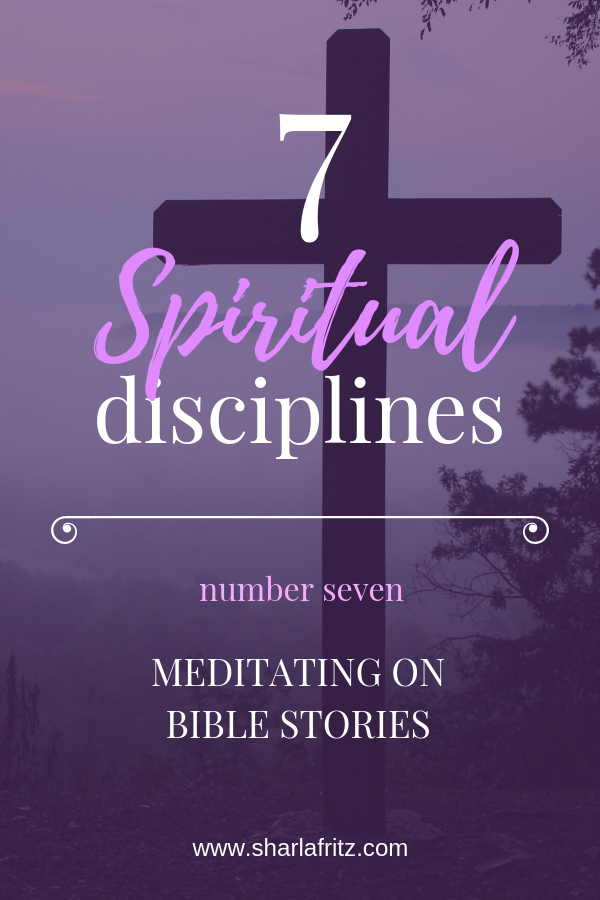
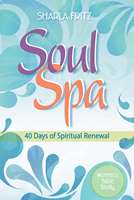



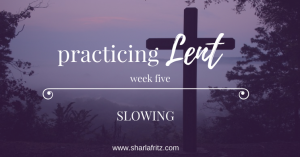

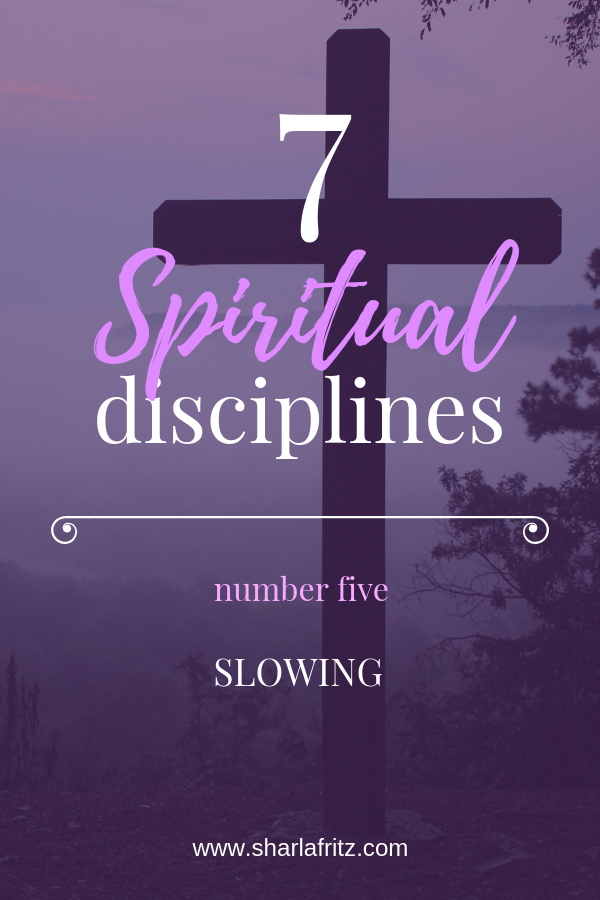


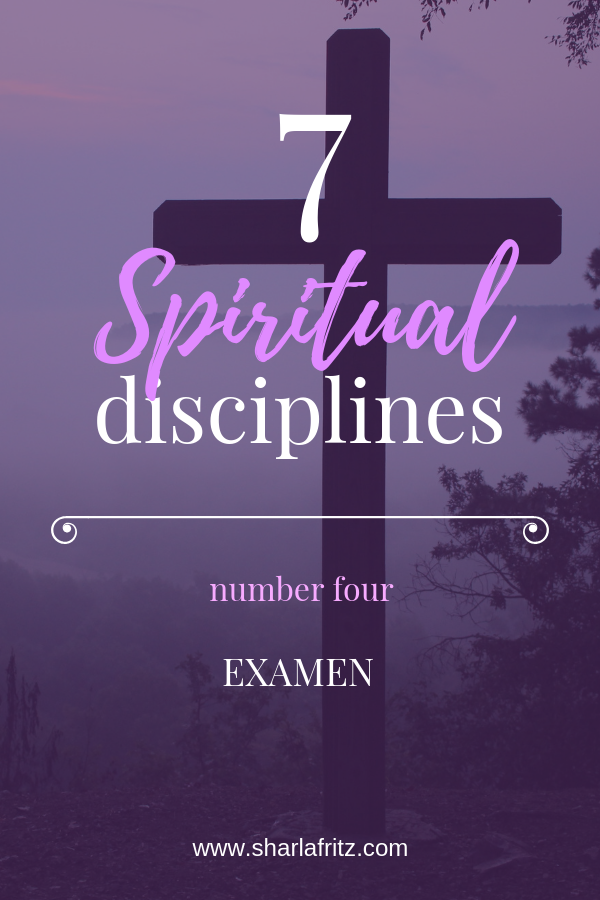


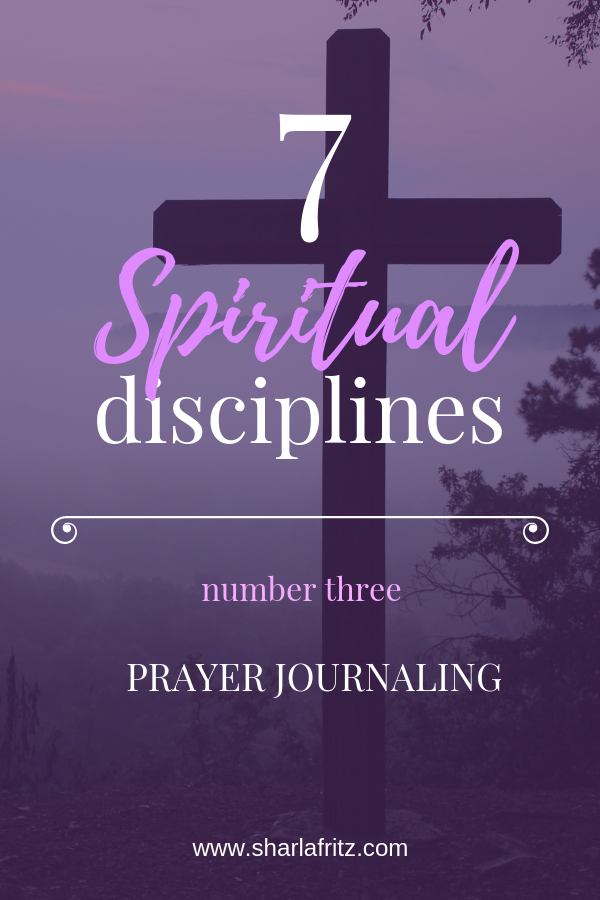
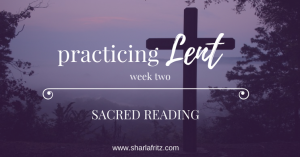

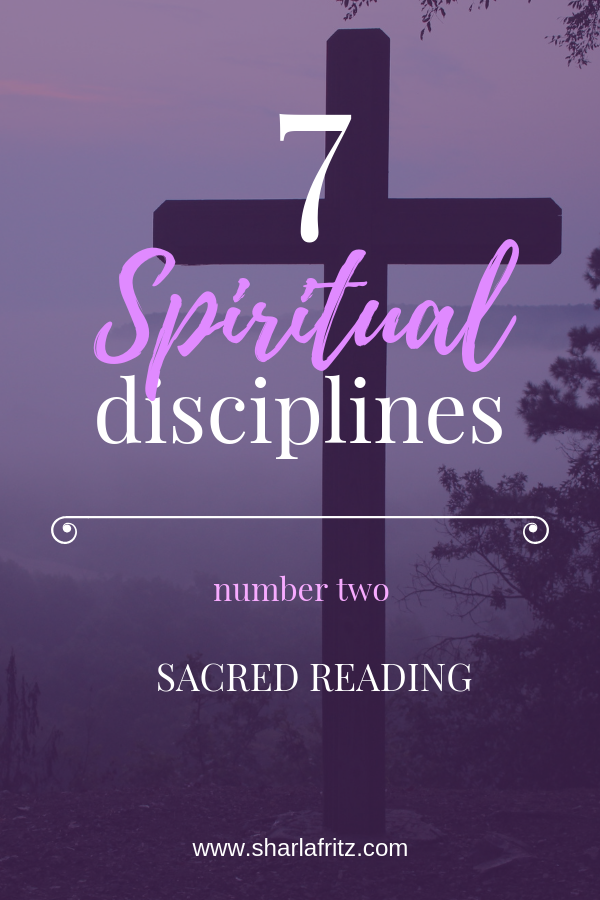
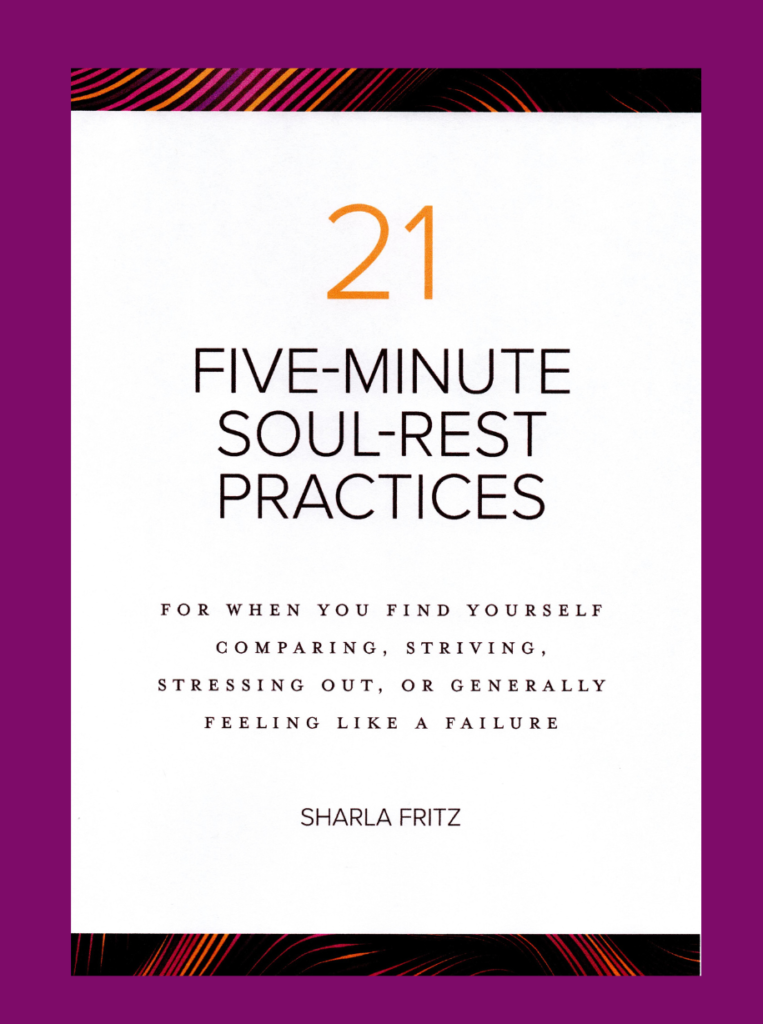


Follow Me!